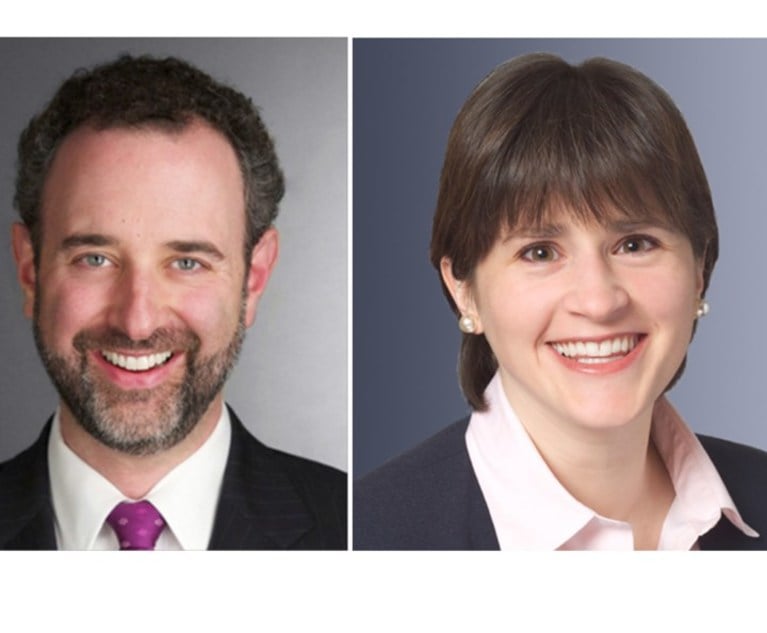The Copyright Act allows creators of original works of authorship to register their copyright claims with the U.S. Copyright Office. Although registration is not a precondition for copyright protection, registration is required before an infringement action can be brought, and knowing inaccuracies in a registration may be used by an accused infringer to invalidate a copyright. We report here on Unicolors v. H&M Hennes & Mauritz, L.P., in which the U.S. Supreme Court is considering the standard by which an accused infringer must demonstrate that a copyright registrant knew of inaccuracies in a copyright registration. 959 F.3d 1194 (9th Cir. 2020), cert. granted, 141 S. Ct. 2698 (2021). The outcome of this case may affect the ability of accused infringers to avoid liability by relying on inaccuracies in copyright registrations.
Registration of Copyright Claims
To establish copyright infringement under the Copyright Act, a party alleging infringement must prove, among other things, that it owns a valid copyright. Feist Publ’ns v. Rural Tel. Serv. Co., 499 U.S. 340, 361 (1991). A registration certificate issued by the U.S. Register of Copyrights “constitute[s] prima facie evidence of the validity of the copyright and of the facts stated in the certificate.” 17 U.S.C. §410(c). In certain circumstances multiple works may be registered “as a single work,” such as when the individual copyrightable works “are included in a single unit of publication.” 37 C.F.R. §202.3(b)(4)(i)(A) (effective Jan. 24, 2011). Although registration is not required to receive copyright protection, 17 U.S.C. §408(a), the Copyright Act requires that copyright owners register their work before bringing an infringement action, id. §411(a).


 Eric Alan Stone and Catherine Nyarady
Eric Alan Stone and Catherine Nyarady




